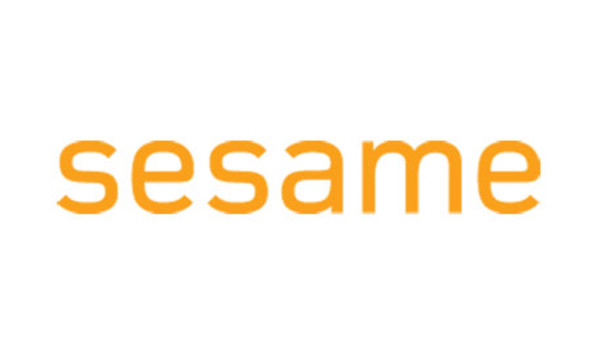

Sesame has told FTAdviser that the finer details of how the agreement with its preferred partner Intrinsic will come out this week, as an adviser questioned how their PI excess would be treated in the wake of pledges by the network.
Last Friday, Sesame announced that Intrinsic, part of Old Mutual Wealth, has been selected as its preferred network partner, following on from Sesame’s earlier announcement that it will no longer offer a network option for investment and pension advisers.
In communications sent by Sesame, and previously reported by FTAdviser, Sesame said it “will not seek to recover any PI excess amounts arising from any claims... up to 30 April 2015” for those sticking with Sesame in a non-retail investment advice capacity, going direct through Bankhall, or joining Intrinsic.
“This applies to all pensions and investment cases including Minerva, our pension past business review. This agreement not to recover PI excess will remain in place whilst you remain with Bankhall, Sesame or Intrinsic (subject to conditions).”
However, advisers have raised concerns about the PI excess clause, such as whether they will be asked to cough up when they exit Intrinsic or Bankhall. One adviser asked whether those who had designated investments only still need run-off cover.
A spokesperson for Sesame was unable to get senior staff response at the time of writing but told FTAdviser “more detail will come out in the next week”.
He told FTAdviser: “We have set out the options for Sesame wealth firms and made it clear to our members that if they have any questions then they are welcome to come and talk to us and we will be happy to help.”
An adviser who declined to be named said he does not think Sesame is “being straight” with advisers regarding the funding of ‘Project Minerva’, a past business review of pension sales, and various other issues.
“We were told that £31m was put to one side by Friends Provident to cover the potential redress for Minerva cases. It seems that even cases that were given the green light by Sesame and the files are all correct, have been... deemed bad advice cases.
“It now seems that we will be paying for Sesame’s bad compliance and oversight for which they were fined by the FCA. Whilst the token gesture of covering the excess is appreciated but seems a little like a veiled threat if we don’t stick with Bankhall or Intrinsic.
“It could mean some firms will not get future cover and can no longer trade. Others may be able to continue but the cost of PI insurance could be more than their business could afford. Overall it seems a bad outcome for Sesame member firms and more importantly for their clients.”
David Drane, partner at New Discovery Financial Services, a Sesame network member said: “We are still going directly authorised.
“[This news] doesn’t change anything - we believe the network model is changing - it is flawed now in the modern environment. It’s a dying model that belongs pre-RDR. It would be silly not to take the opportunity to go directly authorised.
“We are finding out new things every week, not all in one go. I suspect they are making it up as they go along - they don’t know what their endgame is.”
Bob Riach, principal at Riach Independent Financial Advisers, said that the changes present an opportunity for those advisers which focus on pensions and investments to move to Bankhall.
“They can buy what services they want from Bankhall as an adviser. When you leave Sesame you have to give them all your files - if someone has worked for Sesame for ten years it is quite an issue. If they go across to Bankhall, they don’t have to do that.”
donia.o’loughlin@ft.com, ruth.gillbe@ft.com



